Power up your body with nutrients

By: Laura Jeffers, MEd, RD, LD
Advertisement
Cleveland Clinic is a non-profit academic medical center. Advertising on our site helps support our mission. We do not endorse non-Cleveland Clinic products or services. Policy
A common misperception about dietitians is that we’re strict, unreasonable and judgmental — that we’ll make you feel bad about what you eat.
In actuality, dietitians want to help you power up your body with nutrients so you feel good. The benefits aren’t just physical, but mental also, including clearer thinking. If you want this feeling but don’t know how to start, we can help.
RELATED: You Can Lose Weight and Keep It Off With ‘Mindful Eating’
If you come see us, here’s what to expect. We’ll ask what you usually eat; measure your height, weight and body-mass index; and talk to you about your medical history. Then, we’ll set goals, both short- and long-term. We’ll keep encouraging you because there may be some bumps along the way. That’s normal.
Specifically, a dietitian can help you:
Advertisement
Let’s assume you’re looking to lose weight or you want to eat better to feel better. Here are four tips a dietitian might advise.
Not all fats are created equal. We all know trans fat and saturated fats are bad. (Rule of thumb for cooking oils: if they solidify after they cool, avoid!) Polyunsaturated and monounsaturated fats are the good guys. Poly fats include nuts, seeds, fatty fish and oils made of corn, flax seed, safflower and soy. Olives, avocados, canola and peanut oils are examples of mono fats.
Fruits and vegetables are packed with nutrients, but mix up your colors — green, orange, red — to get them all. Berries, pears and apples (skin on) are a great source of flavenoids. Leafy greens, tomatoes, sweet potatoes and white potatoes (skin on) supply phytochemicals, which are plant substances that prevent disease. Bell peppers, asparagus, carrots and broccoli are packed with carotenoids, being part of a group of plants with vibrant colors.
Carbohydrates are crucial because they energize us and supply fiber, but too much of the wrong kind turns into sugar and empty calories, and can kill your diet. We’ll steer you to the right kinds of carbs, like complex carbohydrates that include starchy vegetables and whole grains. A few examples: rolled oats in oatmeal, whole-grain cereals, brown rice and potatoes (skin on).
Beef and pork have protein, but lower-fat, healthier options are chicken, fish and eggs/egg whites. Better yet: non-animal sources like nuts (enjoy an ounce a day —make your own trail mix with your favorites) and nut butters, lentils and beans. Vegetable and soy proteins are a great choice, with all kinds of alternative milks, cheeses and burgers available now.
If you need a minor tweak to your diet or a major overhaul, we’ll work with you. We want you to succeed and will support your goals for better health.
RELATED: Why Eating Less Red Meat Is Good for Your Family
Advertisement
Learn more about our editorial process.
Advertisement
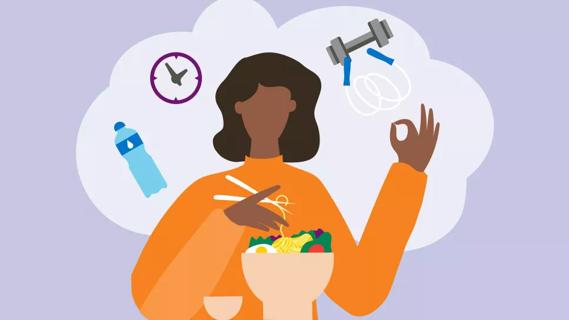
Actively choose healthy habits not only when it comes to food and nutrition, but also physical activity and your mental health
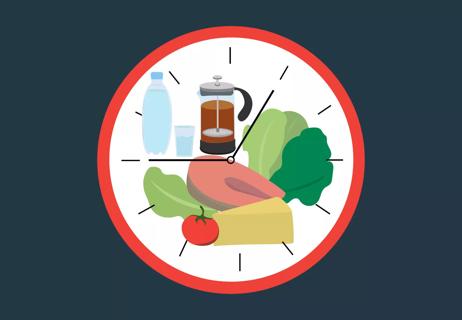
Trying fad diets and skipping meals won’t do you any favors
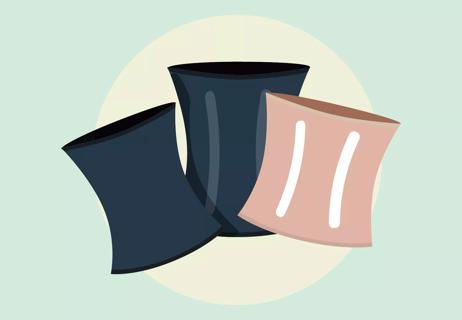
Wearing this undergarment for too long will do more harm than good
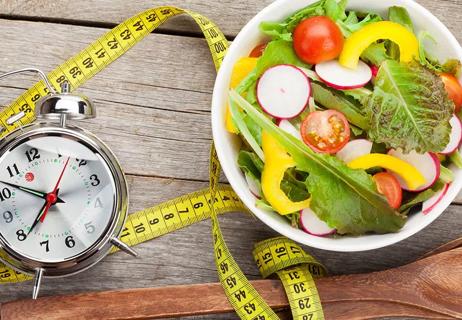
Quick weight loss is possible, but it’s not sustainable

You can lose 15% of your body weight, plus lower your heart disease and diabetes risks
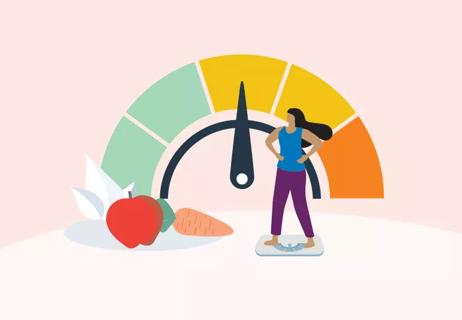
A safe and effective surgery that shouldn’t be considered only as a last resort
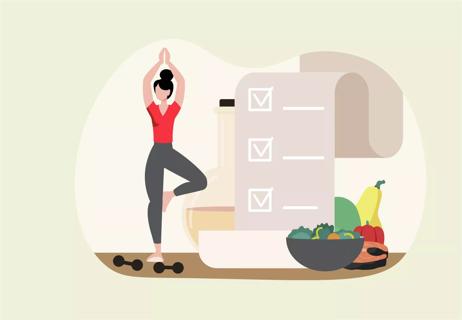
Focus on physical activity and foods that pack a nutritional punch to help you lose weight
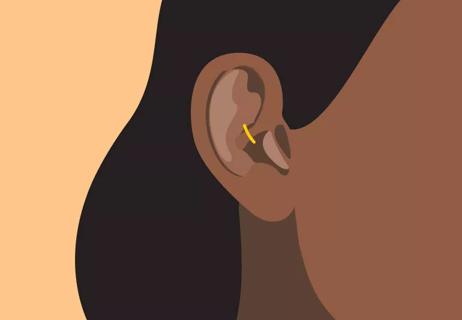
Skip this unproven, unsafe and unregulated weight-loss practice

Type 2 diabetes isn’t inevitable with these dietary changes

Applying a hot or cold compress can help with pain